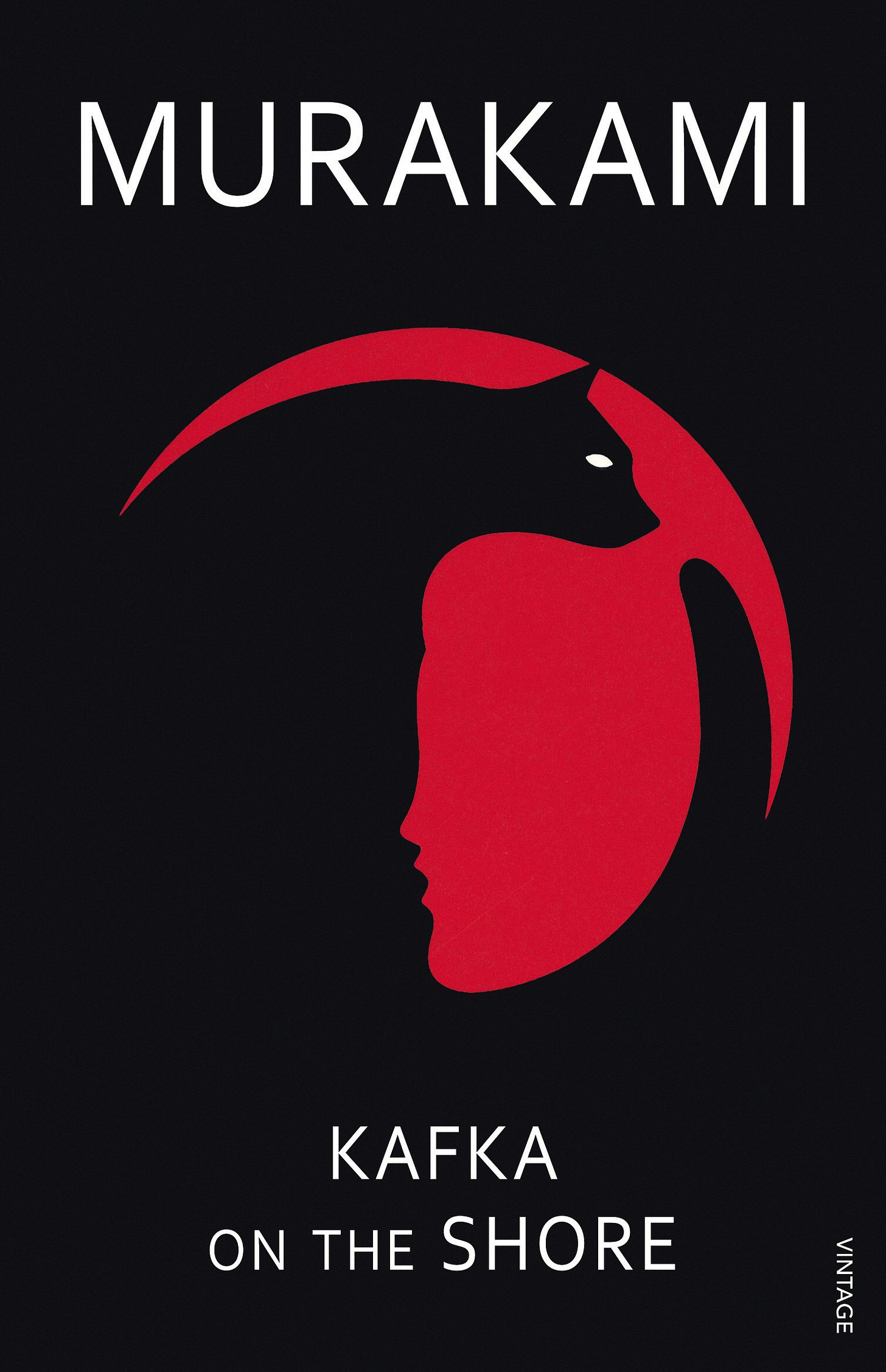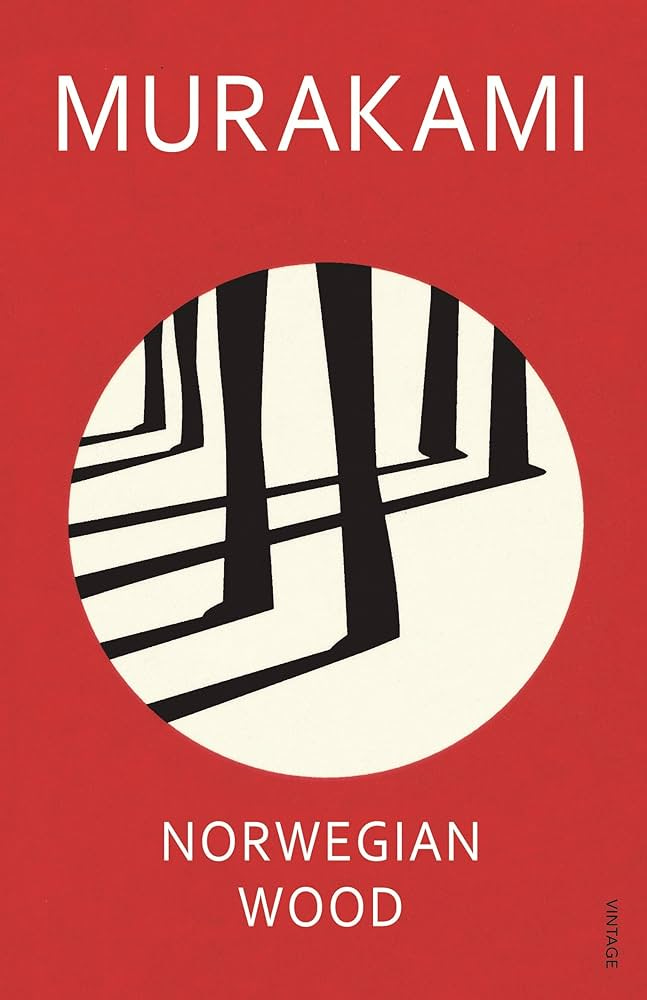Into the Mind of Haruki Murakami: The Master of the Surreal
Explore the influences, themes, and works of Japan's literary icon in our latest Author Deep Dive.
Hello and welcome to our Author Deep Dive for the month!
Haruki Murakami, Japan's own maestro of modern magical realism.
Murakami is known for creating surreal stories that interlace dreams with realities, while analyzing loneliness, the search for self, and the tugs of supernatural pull. His novels often deal with quiet mysteries in life—those odd moments when the mundane encounters something metaphysical. Whether it is their Kafkaesque strangeness combined with a poetic introspection, Murakami is definitely one of those authors who should be read and reread.
Influences & Inspiration
The influences of Murakami are as eclectic as his novels. A great fan of Western music and literature, particularly jazz, Murakami shaped his unique inimitable voice in storytelling.
Before he became a writer, Murakami ran a jazz bar, Peter Cat, which is a background that frequently permeates his writing in theme and rhythm. Influenced by Western writers such as F. Scott Fitzgerald, Raymond Carver, and Kurt Vonnegut, Murakami is famous for a style that is easy to read yet colloquial in marked contrast with the traditional Japanese writing style. It is a combination that makes him uniquely cross-cultural.
Signature Style & Themes
At the heart of the work of Murakami, it is liable to be obsessed with recurring themes, acting as quiet companions always to guide readers back to familiar yet mysterious terrain.
Following are some defining aspects of his work:
Magical Realism with a Twist: In Murakami's world, the surreal is ordinary. Cats talk, parallel worlds coexist, and characters fall down wells only to emerge in other dimensions.
Loneliness and Isolation: The majority of his characters are brooding, solitary figures on the fringes of society, in an alienated world, lost amidst existential queries.
The Search for Identity: There is a preponderance in Murakami's work with the way a person develops an identity, particularly through inner and outer worlds.
From Dreams to Reality: Murakami thus dreamt of dream narratives, flowing like a stream of consciousness, steeping any reader in otherworldly haze.
"If you only read the books that everyone else is reading, you can only think what everyone else is thinking." – Haruki Murakami
Top 3 Murakami Works to Get You Going
Kafka on the Shore
Plot Summary: This novel follows two superficially unrelated characters: Kafka, a runaway 15-year-old, and Nakata, an elderly gentleman who can converse with cats. Their stories intertwine in ways that defy time, space, and reality.
Why It's Special: It's a perfect entry into Murakami's surreal world, where the inexplicable becomes so mundane and psychological manifestations come alive.
Norwegian Wood
Plot Summary: The coming-of-age novel tells of Toru, a college student in Tokyo, negotiating between love, death, and relationship complexities.
Why It's Special: Probably Murakami's most "realistic" novel, it navigates the universal pain of growing up and confronting one's inner darkness. It's a poignant and introspective work, a touching departure from his usual surrealism.
1Q84
Plot Summary: This is a dystopian novel that narrates the story of two characters whose destinies get intertwined in a weird, alternative Tokyo and who have to maneuver their way through a world where reality can be manipulated.
Why It's Special: The novel really goes deep into other realities and questions of fate; thus, this is a perfect novel for those readers who love sprawling, complex stories with rich symbolism.
Murakami's Soundtrack: A Playlist
Music deeply intertwines with the work of Murakami—mostly jazz and classic pieces. If you want to get "in the zone" with his books, here is a quick Murakami-inspired playlist in which to set your mood:
Classical: Bach's The Well-Tempered Clavier
Jazz: Miles Davis's Kind of Blue
Pop/Rock: The Beatles' Norwegian Wood
Let it sink in—your mind—as you fall into a Murakami universe.
Fun Fact: Murakami's Marathon Habit
Murakami's discipline reaches well beyond the desk; he is equally an avid long-distance runner. In his memoir What I Talk About When I Talk About Running, Murakami reflects on how running has kept him in the necessary physical and mental state that gets him to sit at the desk and write. Writing and running for Murakami are intertwined disciplines in that they both require patience, focus, and a bit of solitude.
Get Ready to Dive Deeper
Recommended Essays and Interviews
If you're feeling like diving a little deeper into Murakami's mind, check out these:
"The Running Novelist"—an essay in which he discusses his writing process and his running life.
The Paris Review Interviews—for a deeper look into his thoughts on writing and storytelling.
Book Club Pick
Okay, ready? Let's make Kafka on the Shore our Book Club Pick of the Month! Whether it is a first or re-read, share with us thoughts, quotes that resonated with you, and reflections. Let's plunge into this dreamscape together!
Until Next Time
Haruki Murakami's novels beckon us to remain in the in-between, to accept the mysteries without seeking solutions. His stories challenge us to find wonder in solitude, embracingly accept the surreal, and question the fabric of our reality.
So go ahead, pour yourself a cup of coffee, put on that jazz, and let Murakami's words take you someplace strange yet beautiful.
Happy Reading,
BookVoyage.










